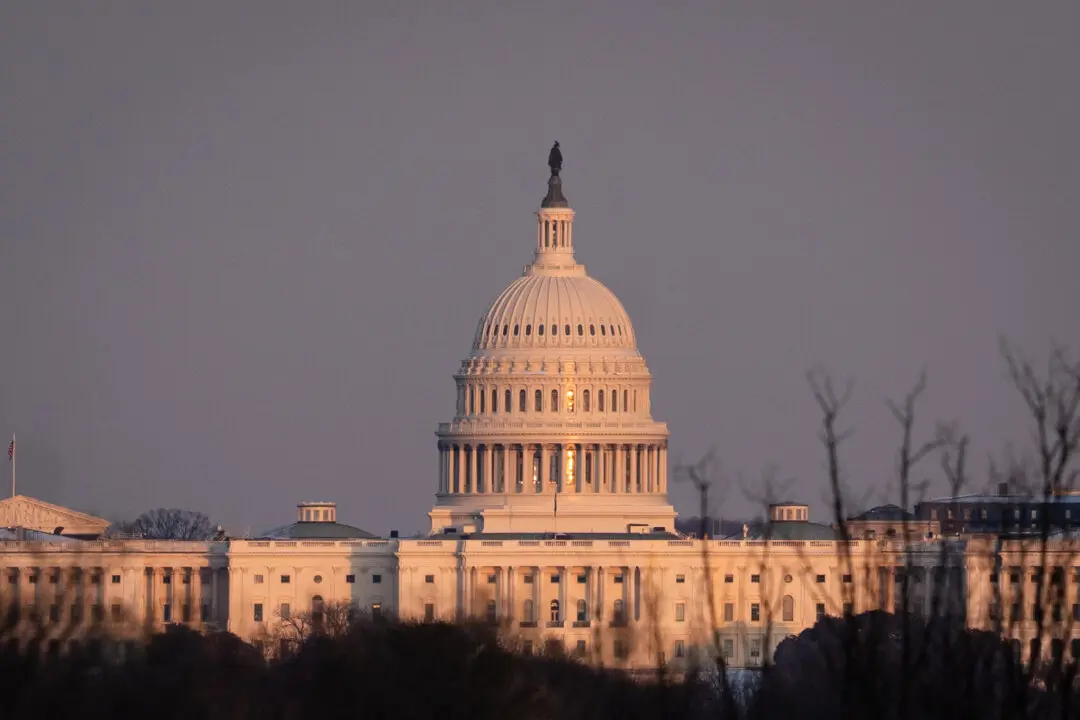The cryptocurrency sector enduring a potential bear market is welcome news, according to Vitalik Buterin, the co-founder of the ethereum blockchain.
Buterin told Bloomberg that the industry would benefit from entering another “crypto winter,” as token prices have experienced an immense slide so far this year.





